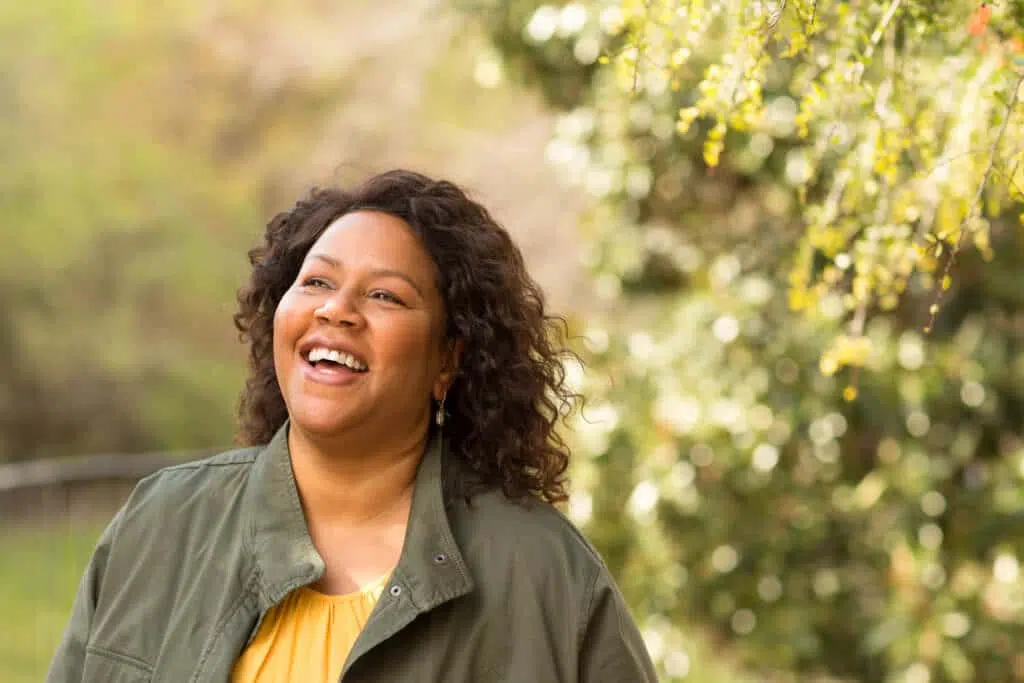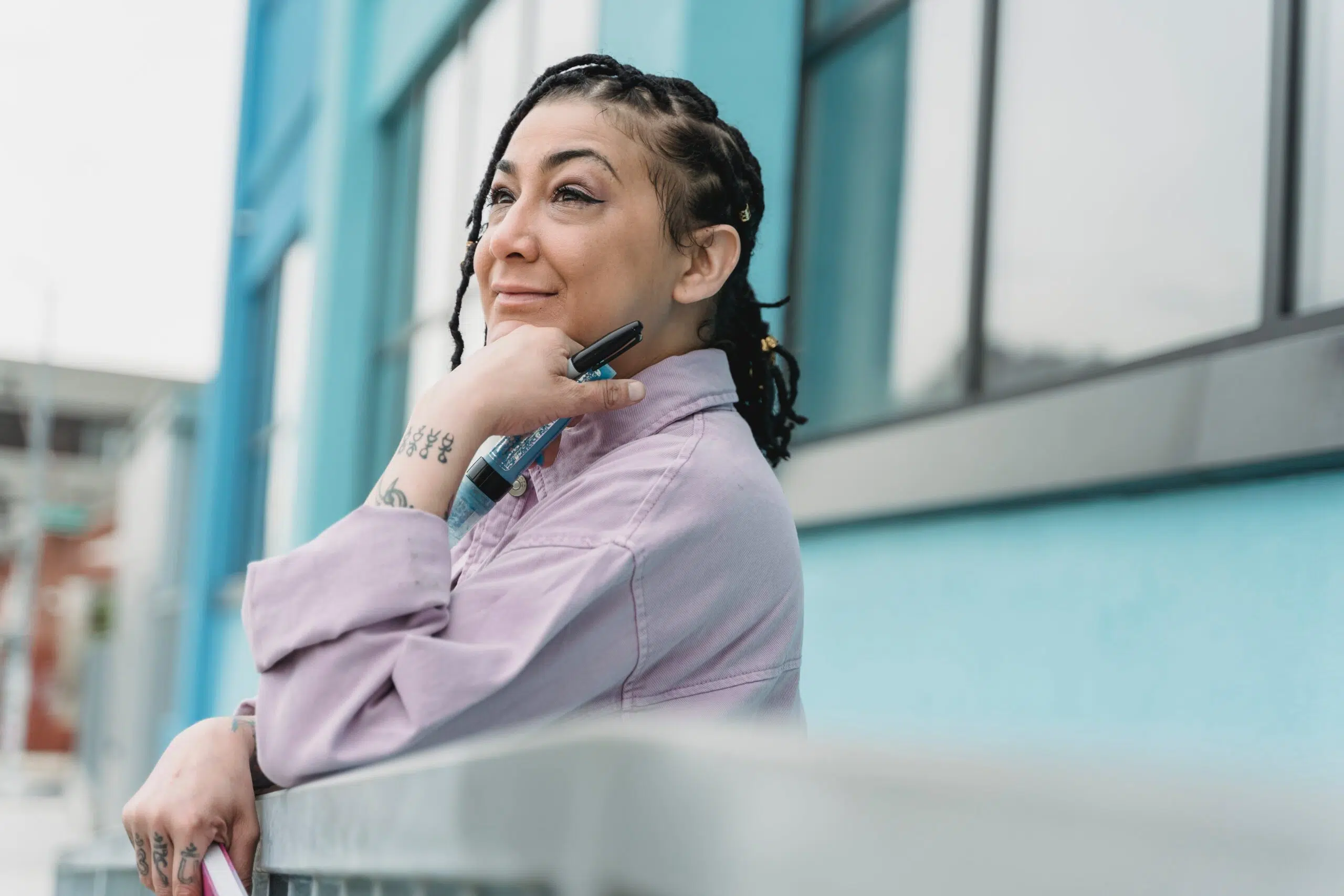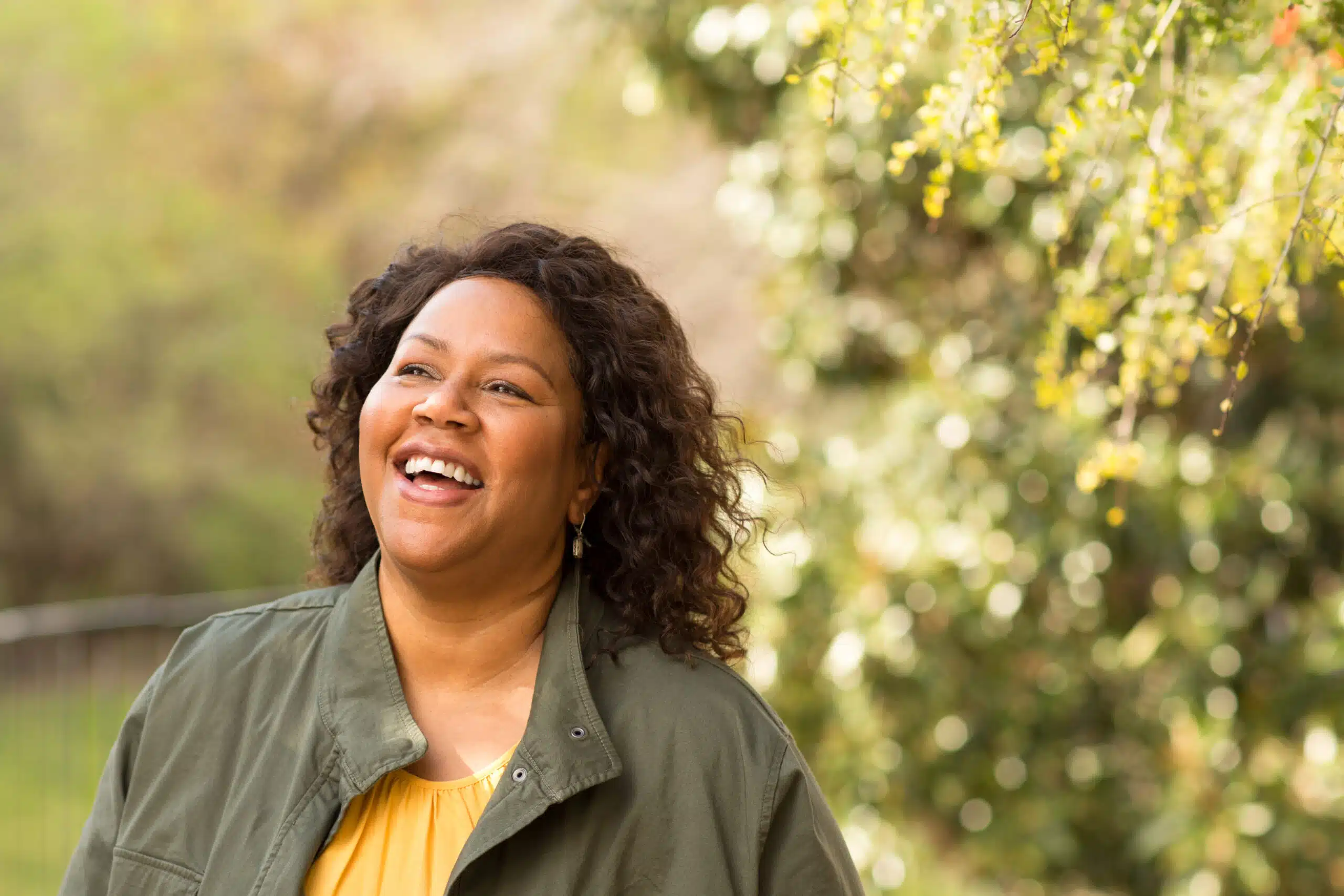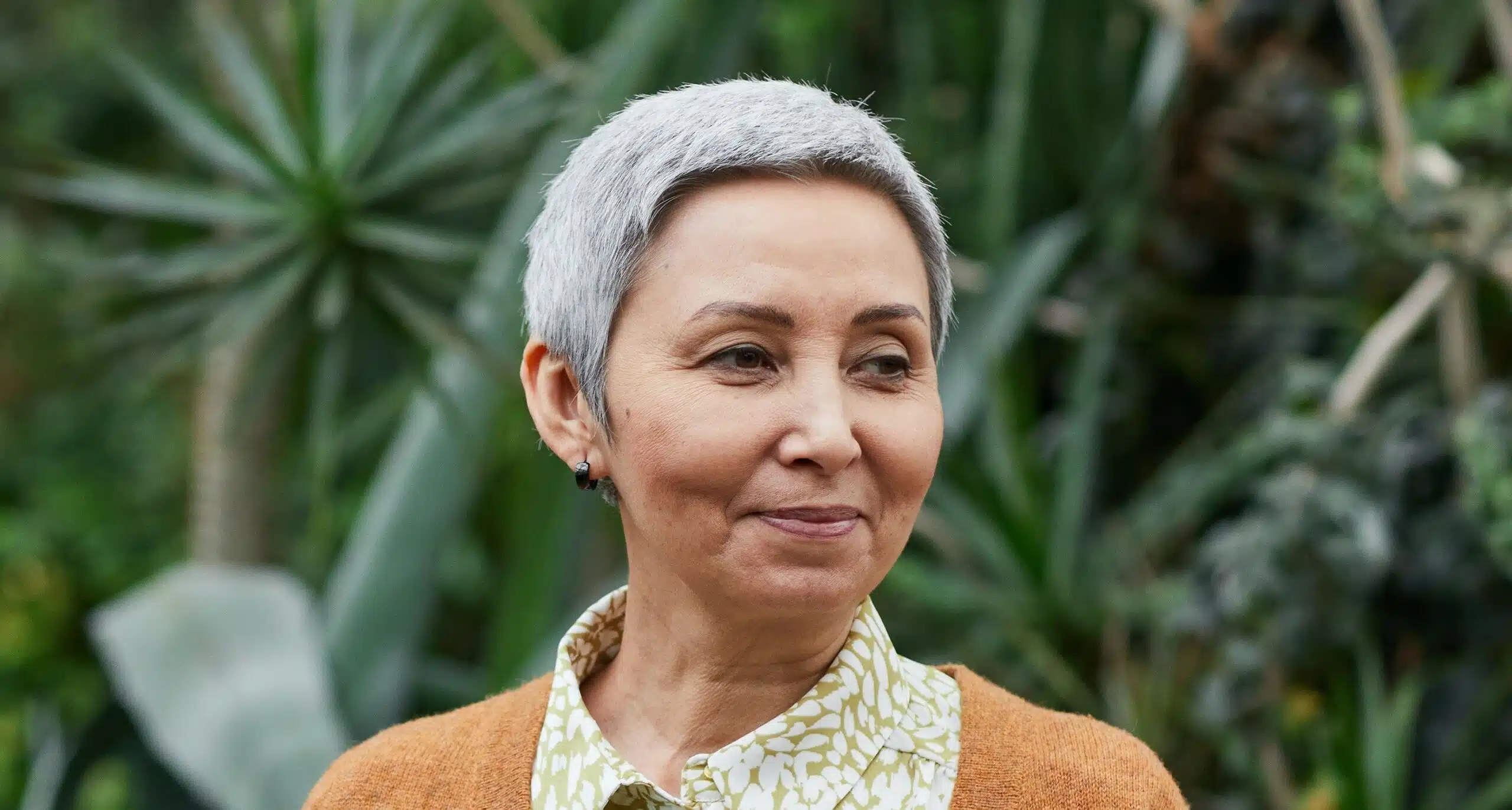What happens in the body when you come off the pill?
When you’re on the pill, the artificial hormones keep certain processes from happening every month. You don’t ovulate, your cervical mucus becomes thicker and the lining in your uterus doesn’t grow. Once you stop taking the pill, all of these things start happening again.
The effects of coming off the pill are a little different for everyone, and can occur right away. How long after stopping the pill can you become pregnant? Pretty much right away, so use condoms if you don’t want to get pregnant.
Here’s what to expect when coming off the pill:
- You might experience spotting or other menstrual cycle irregularities.
- While your period could go back to normal right away, it might take a few months. Talk to your doctor if it takes longer than that.
- If you were taking the pill to help manage cramping or heavy bleeding, these might return after coming off birth control. This can also be true for mood swings or acne.
- Your vaginal secretions might change in consistency, and be more varied throughout your cycle.
When to stop taking the pill: is there an ideal time?
Can you just stop taking the pill? Yes. There aren’t any strict rules about coming off birth control, as long as you’re prepared that you might become pregnant right away. Finishing the end of your pack is an option that can keep your period more regular as your body adjusts, and is also recommended if you’re switching to a different type of birth control. Because some birth control options take a while to kick in, you’ll want to use condoms so you don’t have a dip in your protection.
Is there a specific age I should stop the pill?
At what age should you stop taking the pill? It’s safe to use oral contraceptives until you reach menopause, or until around age 50-55. If you’re older, the progestin-only mini pill is usually recommended over the combined (estrogen and progestin) pill.
While there used to be a recommendation to not take the pill for more than a decade, or past age 35, this isn’t true anymore. There aren’t any risks to going off birth control pills after 25 years compared to after 15 years, but you should talk to your doctor about your medical history and any risk factors you might have if you’re nearly 50 and taking hormonal birth control.
If you’re going through menopause, it’s possible to stay on the mini pill as part of hormone replacement therapy, though this is considered off-label use. This is also true for other progestin-only birth control like the hormonal IUD.
Is stopping the mini pill different to stopping the combined pill?
Coming off the mini pill can be a little different, because it only has one hormone and often lower levels of it. Depending on the particular hormone in your mini pill can mean that you may be considered ‘late’ or ‘missed’ sooner. Which in turn means you’re able to get pregnant sooner. Mini pills that contain desogestrel do still have a 12-hour window like many combined pills.
There aren’t any unique instructions for coming off Microgynon or Rigevidon. Waiting until the end of the pack can help reduce spotting, and your protection against pregnancy can be considered compromised after two missed pills, depending on where they were missed in the pack. Same goes for coming off the Yasmin pill.
Mini pills like Cerazette and Cerelle contain the progestin desogestrel, which gives you a 12-hour window in which to take your daily pill compared to the 3-hour window other mini pills have. If you’re coming off Cerelle or stopping Cerazette, your protection against pregnancy is considered compromised after 12 hours. If you’re coming off Cerazette to get pregnant, it can happen right away.
How about the patch and the ring?
Because the contraceptive patch and ring are combined methods of birth control, meaning they have both oestrogen and progestin, they work in the same way as the combined pill. You can stop using them at any time, and should use a back-up birth control method like condoms if you don’t want to become pregnant straight away.















